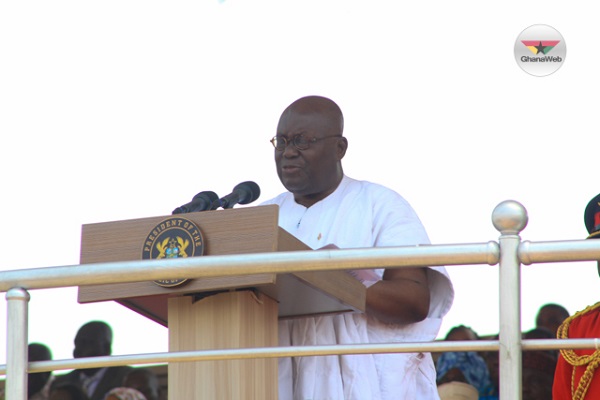Corruption is a wicked problem that permeates every fabric of Ghanaian society, especially the public sector. Over the years, Ghana has fared dismally in its fight against corruption. In fact, the country has dropped consistently in recent years in rankings by anti-corruption and transparency bodies, including Transparency International and the Ibrahim Index of African Governance. If we do not see a renewed commitment to the fight against corruption – especially political corruption – the country risks reversing the gains made over the years in democracy, good governance, and development.
What do Ghanaians say about corruption?
The latest Afrobarometer findings on popular perceptions of corruption in Ghana mirror those of Transparency International’s Corruption Perceptions Index 2016 and the Ibrahim Index of African Governance 2017. Overwhelming majorities of Ghanaians see “some,” “most,” or “all” public – and private – sector officials as corrupt.
The perception is worst for officials in the public sector, with the police seen as the most corrupt group: 92% of citizens say at least “some” police officials are corrupt, including 59% who say “most” or “all” are corrupt. The president and his office do better than other public officials, but still, more than three-fourths of citizens perceive at least some corruption there (see Figure 1).
This leadership morass is not limited to state officials. Even traditional and religious leaders are seen as corrupt by substantial numbers of Ghanaians – a surprise given the trust society places in them and the moral high ground on which they are expected to stand.
Figure 1: Perceived corruption in the public and private sectors | Ghana | 2017

Although popular perceptions of the overall level of corruption in the country have increased since 2014, a majority (60%) of Ghanaians now express approval of the new government’s efforts to combat corruption, a significant improvement compared to the 25% recorded in 2014 (see Figure 2). This approval could be explained as a combination of people’s hope that the new NPP government – which came to power on a ticket of anti-corruption and economic resuscitation – checks the menace of corruption and honours its electoral promise to the people.
Figure 2: Government’s performance in fighting corruption | Ghana | 2002-2017

Media reports and personal conversations suggest that the Ghanaian electorate and burgeoning middle class are increasingly unhappy about the high level of corruption, lack of accountability, and economic mismanagement that have bedeviled the country. Afrobarometer data confirm that they are eager to see stiff punishment meted out to perpetrators of such acts. Almost two-thirds (64%) of Ghanaians want corrupt officials prosecuted and, if found guilty, forced to return stolen funds, jailed, and publicly named and shamed. About one-fifth (22%) favour government retrieval of stolen funds without prosecution, while one in 10 (9%) would opt for prosecution without retrieval of stolen funds (see Figure 3).
Figure 3: Appropriate punishment for corrupt officials | Ghana | 2017

In its one year in office, the NPP government has taken some steps in that direction, including the setting up of the Special Prosecutor’s office. Ghanaians want more than just lip service. With alleged fraud cases such as the BOST premix scandal, arson of the Central Medical Stores in an attempt to cover evidence of fraud, and the Ministry of Special Development Initiative’s 800,000 cedi website saga, government will need to live up to its pledges to crack the whip of justice against corrupt officials, irrespective of their political inclination.
By: John P. Frinjuah is a volunteer researcher at the Ghana Center for Democratic Development (CDD-Ghana). frinpark@gmail.com | Josephine Appiah-Nyamekye is Afrobarometer regional communications coordinator for anglophone West Africa, based at CDD-Ghana. jappiah@afrobarometer.org



